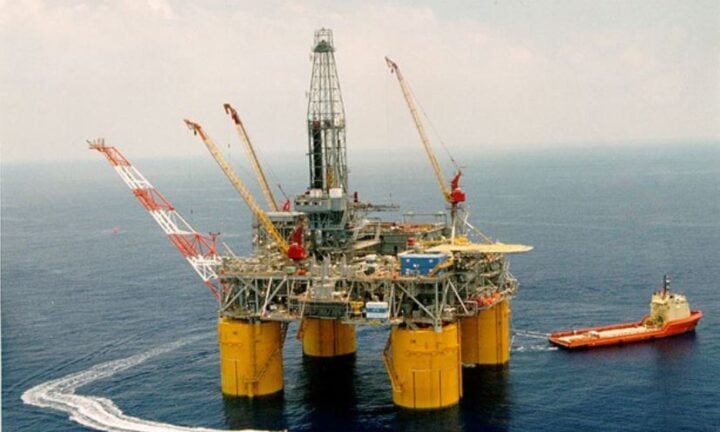The Nigerian Upstream Petroleum Regulatory Commission (NUPRC) says the country’s total annual upstream capital expenditure (CapEx) decreased from $27 billion in 2014 to less than $6 billion in 2022.
CapEx are funds used by a company to acquire, upgrade, and maintain physical assets such as property, plants, buildings, and technology, among others. They are long-term investments.
Gbenga Komolafe, chief executive officer (CEO) of NUPRC, spoke on the sidelines of the World Petroleum Congress (WPC) in Calgary, Canada.
Komolafe, represented by Kelechi Ofoegbu, the commission’s executive commissioner, said the figure represented a 74 percent decrease in its CapEx.
Advertisement
Explaining reasons for the decline, the NUPRC boss said regulatory uncertainty significantly impacted investment in Nigeria’s oil and gas industry.
He said prevalent situations in the years preceding the enactment of the Petroleum Industry Act (PIA) also affected investment in the industry.
Komolafe also blamed the decline on other factors like de-funding of fossil fuel development occasioned by energy transition and the global call for decarbonisation.
Advertisement
Most international oil companies (IOCs), he said, deprioritised Nigeria in their portfolios, which led to the redirection of investments to other countries.
This, he noted, was with attendant dwindling investment in Nigeria’s upstream sector.
‘‘This under-investment impacted negatively on the country’s rig count. On average, Nigeria had seventeen (17) active oil rigs in 2019 representing one of the highest counts in the African continent as at then,” NAN quoted Komolafe as saying.
“The average rig count declined to eleven in 2020, seven in 2021, 10 in 2022, but recently grew to as high as 31 by August 2023, a positive signal of new investments trickling into the country.
Advertisement
“The relatively high crude oil prices may have also attributed to the increase in activities in the petroleum upstream sector.
“We also see this as a reflection of investors’ acceptance of the PIA and its effective implementation by the regulator.
“The projected outlook over the next few years looks promising, and as the regulator in the oil and gas upstream sector;
“We would leverage on this opportunity by doing all that is necessary to attract more investments and revamp the Nigerian upstream sector.”
Advertisement
Komolafe said the PIA has repositioned the Nigerian petroleum sector by creating efficient and effective governing institutions, with clear and separate roles for the industry.
It has also enabled transparency, accountability, fostering a business environment conducive for operations, he said.
Advertisement
He explained that since the enactment of the PIA, the commission had gone ahead to develop 24 priority regulations.
The regulations, Komolafe said, would give meaning to the PIA and create a predictable regulatory environment for operators and other stakeholders.
Advertisement
Add a comment






